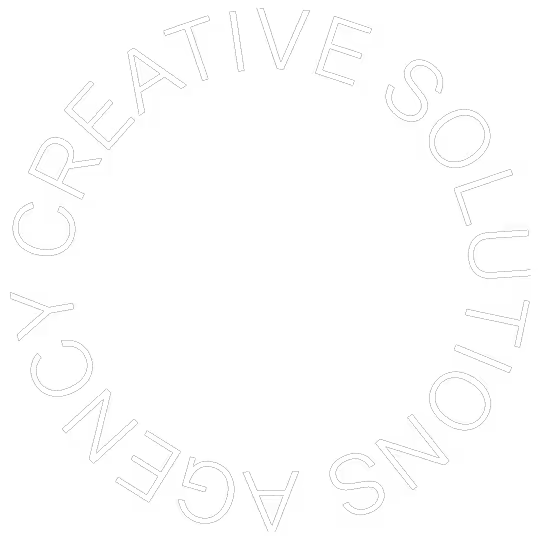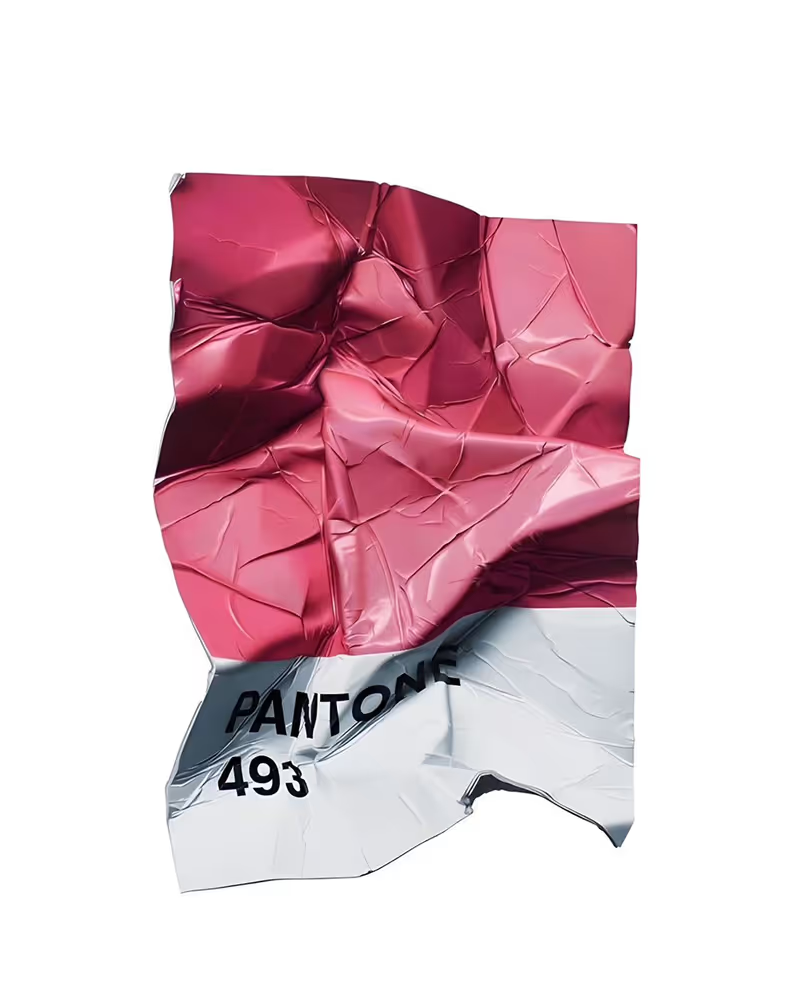An introduction to NFT Branding
Non-Fungible Token
This insight discusses how Non-Fungible Tokens (NFTs) can boost branding by enhancing customer engagement and loyalty. We will explore their role in establishing trust, verifying product authenticity, rewarding loyal customers, and tracking brand interactions. To remain competitive in the digital age, companies should leverage NFTs for branding, as they provide a unique opportunity to differentiate themselves and foster customer trust.


source: Adidas
Introduction and history
NFTs are digital tokens that represent ownership of a unique asset or item. These tokens are created on a blockchain and contain information about the asset or item they represent. They are indivisible, meaning that each token has a unique address and cannot be divided. NFTs are also immutable, meaning that their contents cannot be changed or altered. This immutability is what makes NFTs particularly attractive for branding purposes. NFTs were first introduced by Ethereum in 2017, but the concept has been around for many years prior. Initially, NFTs were used primarily as a way to store asset ownership information on the blockchain. However, as the technology has advanced, more applications have become available.
Why do brands use Non-fungible tokens?
NFTs allow companies to create a trusted environment in which customers can interact with the company and its products or services. By using NFTs, companies can create a digital identity that customers can be sure of. NFTs provide an immutable record of the ownership and origin of products or services. This allows customers to verify the authenticity of what they are buying and build trust with the company.
What are the advantages
NFTs can be effectively utilized for marketing by creating unique tokens that represent promotional items like discount codes, loyalty points, or special offers, which companies can distribute to customers for accessing these benefits. This strategy rewards customer loyalty and enhances engagement. Additionally, NFTs can authenticate products or services, with each token possessing unique attributes that represent a specific item, enabling customers to verify authenticity and fostering trust and security in their purchases. While the advantages of NFTs are evident, businesses must ensure they are knowledgeable before integrating them into their branding strategies. As technology advances, Non-Fungible Tokens will become increasingly essential for companies aiming to maintain a competitive edge and strengthen customer relationships.


source: Nike
Best practices
Burger King's collaboration with WAX Blockchain in April 2021 showcased the innovative use of NFTs for branding, highlighted by their auction of a unique Cryptopunk called "The King," with all proceeds donated to charity. In June 2021, Nike launched the Epic React One marketplace dedicated to NFTs, allowing customers to own exclusive trainer designs while still wearing them. This initiative exemplifies how companies can create extraordinary experiences through Non-Fungible Tokens (NFTs). Additionally, NBA Top Shot introduced a blockchain marketplace that enables basketball fans to collect unique digital assets called Moments, which capture highlights from past games, ensuring secure ownership of exclusive memorabilia without the risk of counterfeits.
To maximise the potential of NFTs for branding, businesses should design tokens that reflect their brand identity, ensure security and immutability, and reward customer loyalty with branded tokens. Utilising smart contracts on platforms like Ethereum or WAX for secure transactions, tracking customer interactions with NFTs, leveraging digital influencers for awareness, and exploring partnerships with institutions can also create engaging use cases for Non-Fungible Tokens.
Conclusion
Non-Fungible Tokens are becoming increasingly important for businesses looking to stand out from their competitors and build trust with customers. By leveraging NFTs, companies have an opportunity to create a memorable brand identity and strong relationship with their customers while increasing customer engagement and loyalty. With the right implementation and understanding of NFTs, businesses can take advantage of this technology to stay ahead of the competition and drive business growth in the long term. It is essential that companies understand the potential benefits that NFTs offer for branding before implementing them into their strategies. It is clear that NFTs have the potential to revolutionise the way businesses interact with their customers – it’s up to companies to make the most of this technology and capitalise on its potential. By leveraging the best practices outlined in this article, businesses can use NFTs to create an immersive and highly engaging digital experience for their customers.







